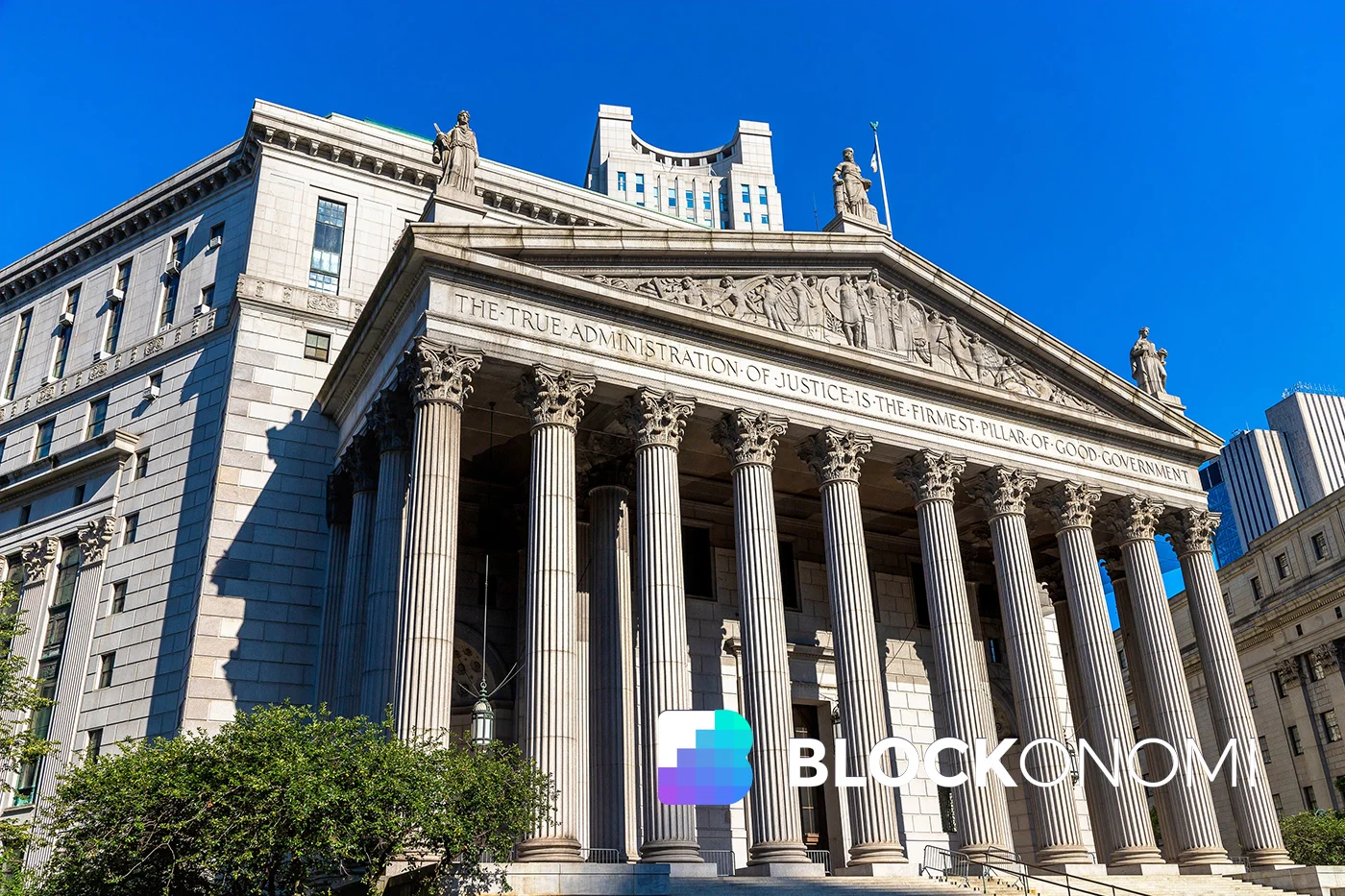TLDR
- Burwick Law filed a class-action lawsuit against Kelsier Ventures, KIP Protocol, and Meteora for allegedly orchestrating the deceptive LIBRA memecoin launch
- LIBRA initially gained legitimacy through promotion by Argentine President Javier Milei but crashed 94% after insiders allegedly withdrew $107 million
- The lawsuit claims developers used “predatory” one-sided liquidity pools to artificially inflate prices while withholding 85% of tokens
- Blockchain research firm Nansen found investors suffered combined losses of $251 million while profitable wallets took home $180 million
- Kelsier Ventures CEO Hayden Davis, who reportedly netted $100 million, may face an Interpol red notice
A class-action lawsuit has been filed against the creators of the LIBRA memecoin in the Supreme Court of New York. The lawsuit names Kelsier Ventures, KIP Protocol, and Meteora as defendants in what has become one of the biggest cryptocurrency scandals of 2025.
Burwick Law filed the suit on March 17 on behalf of investors who lost money in the scheme. The law firm claims the defendants launched the LIBRA token in a “deceptive, manipulative and fundamentally unfair” manner.
The memecoin gained attention when Argentine President Javier Milei promoted it on social media platform X. The token was presented as an economic initiative to boost private-sector funding in Argentina.
Tonight, our firm filed a class action complaint in the Supreme Court of New York on behalf of our client. We allege that Kelsier, KIP, Meteora, and related parties orchestrated an unfair token launch ($LIBRA), allegedly misleading purchasers and harming retail investors. pic.twitter.com/H7dD2LaARK
— Burwick Law (@BurwickLaw) March 18, 2025
According to the lawsuit, the developers used a “predatory” one-sided liquidity pool to artificially inflate LIBRA’s price. This setup allowed insiders to profit while regular investors suffered losses.
Within hours of the launch, insiders allegedly withdrew about $107 million from the liquidity pools. This caused a dramatic 94% crash in LIBRA’s market value.
The lawsuit states that approximately 85% of LIBRA’s tokens were held back at launch. The developers did not disclose this information to investors.
The Anatomy of a $251 Million Memecoin Collapse
Burwick Law claims the defendants took advantage of President Milei’s influence to promote the token. This created a false sense of legitimacy that misled investors about the coin’s economic potential.
The law firm is seeking multiple forms of relief for affected investors. These include compensatory and punitive damages. They also want the return of “unjustly obtained” profits.
Blockchain research firm Nansen examined the aftermath of the LIBRA crash. Their data shows that out of 15,430 large LIBRA wallets, more than 86% sold at a loss. These losses totaled $251 million.
Only 2,101 wallets were able to make a profit. These profitable wallets took home a combined $180 million.
Kelsier Ventures and its CEO, Hayden Davis, were among the biggest winners from the token launch. They reportedly made around $100 million from the scheme.
Davis now faces potential legal trouble beyond the class-action lawsuit. An Argentine lawyer has requested an Interpol red notice for his arrest. Despite the controversy, Davis claimed on February 17 that he didn’t directly own the tokens and wouldn’t sell them.
President Milei has tried to distance himself from the scandal. He argues that he didn’t “promote” the LIBRA token but merely “spread the word” about it. This distinction hasn’t satisfied his critics.
The political fallout in Argentina has been severe. The opposition party called for Milei’s impeachment, though these efforts have not gained much traction so far.
The LIBRA token launched on the Solana blockchain on February 14. It quickly reached a market cap of $4.4 billion before crashing. The incident has been dubbed “Cryptogate” by some in the industry.

Financial Market Newsflash
No financial news published today. Check back later.







